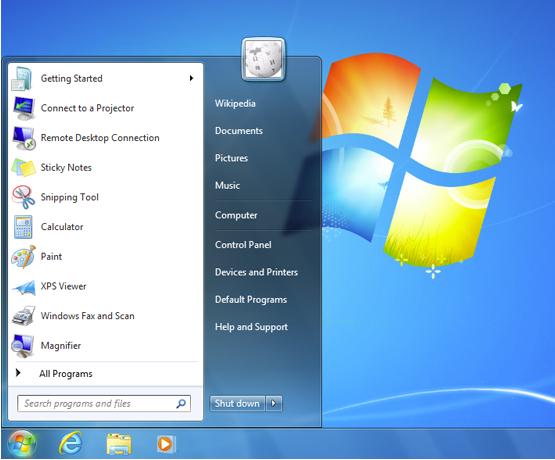
What happens when PC buyers have the option to avoid Windows 8? Upwards of 80 percent of them go with Windows 7.
That, at least, is what’s happening at Puget Systems, an independent PC builder in the Seattle area specializing in high-performance machines. As detailed overnight on the company’s blog, the overwhelming majority of its customers are, so far, avoiding the potentially uncomfortable newness of Windows 8 and going instead with the reliable familiarity of Windows 7.
The PC builder plans to “sell Windows 7 alongside Windows 8 for as long as Microsoft will commit to sell and support it,” writes Brett Nordquist, the company’s customer service specialist.
That could be a while: Mainstream support for Windows 7 is set to end in 2015, although Microsoft hasn’t yet said when it will put a stop to actual sales.
It’s an interesting case study that provides clues, at least, to how Windows 8 is doing. The PC builder’s experience adds to the evidence that initial sales of Windows 8 are lukewarm.
I followed up via email with Jon Bach, the Puget Systems president and University of Washington alum who started the company in his parents’ basement. One of my questions: Does he think his customers are representative of the broader PC market in their preference so far for Windows 7?

Bach answered, “I believe our numbers are representative of the high performance computing market. The great thing about our numbers is they are entirely customer driven. We offer both options, answer any questions the customer may have, and let them decide. The broader PC market is difficult to read. Entry level PC offerings are less controlled by customer demand, and more controlled by however the vendor can squeak out the most margin on the sale (including volume deals with Microsoft).”
He added, “It is pretty difficult to gauge actual consumer preference with those (entry level) PCs. I do think mobile and touch-enabled devices are much more primed for Windows 8. As Microsoft more fully realizes the Windows 8 ecosystem they are building, I think there will be a stronger Windows 8 demand. It is a long term strategy for them.”
But here’s an interesting piece of trivia: Puget Systems is still selling Windows XP machines, as well.
(Side note: You can think of Windows XP, originally released in 2001, as the Queen Elizabeth of the Windows family — sticking around longer than her heirs might prefer. Prince Charles is Windows Vista; William is Windows 7; and the royal baby is Windows 8. The parallels are eerie. And yes, I read too much People magazine.)
So how is Puget Systems still selling Windows XP? Bach explains that they use downgrade rights — selling the customer a Windows 7 Professional license, then installing Window XP and activating it manually over the phone.
“Windows XP actively sold in PCs for nearly 9 years, and even today we’re installing XP on a handful of systems a month — 11 years later!” Bach writes.
He doesn’t think Windows 7 will be around as long, but clearly it won’t be going away anytime soon.



